Sustainability refers to the practice of meeting the needs of the present without compromising the ability of future generations to meet their own needs. It encompasses environmental, social, and economic considerations, striving for balance and harmony between these pillars.

Key Principles of Sustainability:
Environmental Responsibility: Sustainability involves minimizing environmental impact by conserving resources, reducing pollution, and preserving ecosystems.
Social Equity: It focuses on promoting fairness and justice among communities, ensuring that all people have access to resources and opportunities.
Economic Viability: Sustainable practices must be economically feasible, balancing profitability with long-term societal and environmental well-being.
Benefits of Sustainability:
Risk Reduction: By adopting sustainable practices, organizations can mitigate risks associated with environmental damage, social unrest, and economic instability.
Cost Savings: Sustainable initiatives often lead to reduced energy consumption, waste, and operating expenses, resulting in long-term cost savings.
Enhanced Reputation: Demonstrating a commitment to sustainability can improve brand reputation, attract customers, and foster trust among stakeholders.
ISO Standards for Sustainability:
ISO (International Organization for Standardization) has developed several standards to help organizations integrate sustainability into their operations effectively. These include:
ISO 14001: Environmental Management Systems (EMS) standard, providing guidelines for minimizing environmental impact and complying with regulations.
ISO 26000: Guidance on Social Responsibility, outlining principles and practices for ethical and socially responsible behavior.
ISO 50001: Energy Management Systems (EnMS) standard, helping organizations improve energy performance, reduce costs, and minimize greenhouse gas emissions.
Sustainability Training and Certification:
Sustainability training programs help individuals and organizations understand sustainability principles, develop strategies for implementation, and achieve certification to recognized standards. These programs cover topics such as:
- Environmental conservation and management
- Social responsibility and ethical practices
- Energy efficiency and renewable energy
- Sustainable supply chain management
By investing in sustainability training, organizations can build capacity, drive innovation, and contribute to a more sustainable future for all.
Conclusion:
Sustainability is not just a buzzword but a fundamental concept that guides responsible decision-making and promotes long-term prosperity. By embracing sustainability principles and integrating them into their operations, organizations can create value, reduce risk, and make a positive impact on the world.
To learn more about the Information Security Management System attend our best selling products with different delivery formats.
-
 ISO 20400 Lead Manager Training Course – Sustainable Procurement Certification
ISO 20400 Lead Manager Training Course – Sustainable Procurement Certification -
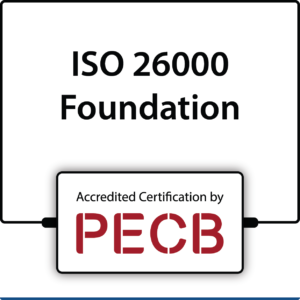 ISO 26000 Foundation Certification
ISO 26000 Foundation Certification -
 ISO 26000 Lead Manager Certification
ISO 26000 Lead Manager Certification -
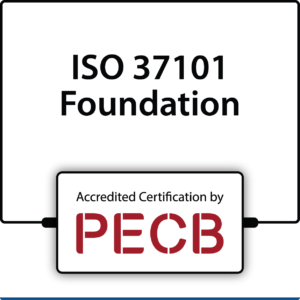 ISO 37101 Foundation Certification
ISO 37101 Foundation Certification -
 ISO 37101 Lead Auditor Certification
ISO 37101 Lead Auditor Certification -
 ISO 37101 Lead Implementer Certification
ISO 37101 Lead Implementer Certification -
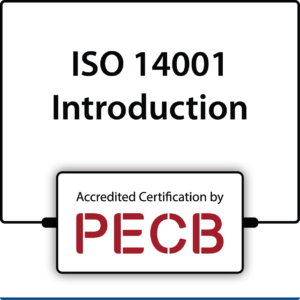 ISO 14001 Introduction Certification
ISO 14001 Introduction Certification -
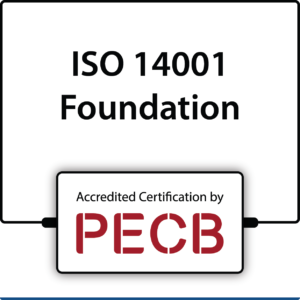 ISO 14001 Foundation Certification
ISO 14001 Foundation Certification -
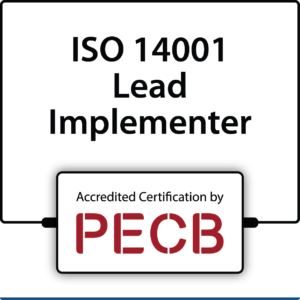 ISO 14001 Lead Implementer Certification
ISO 14001 Lead Implementer Certification -
 ISO 14001 Lead Auditor Certification
ISO 14001 Lead Auditor Certification -
 ISO 50001 Foundation Certification
ISO 50001 Foundation Certification -
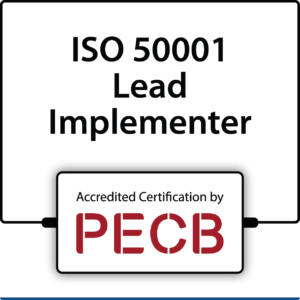 ISO 50001 Lead Implementer Certification
ISO 50001 Lead Implementer Certification -
 ISO 50001 Lead Auditor Certification
ISO 50001 Lead Auditor Certification -
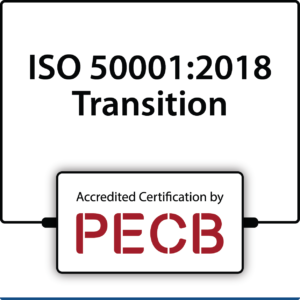 ISO 50001:2018 Transition Certification
ISO 50001:2018 Transition Certification